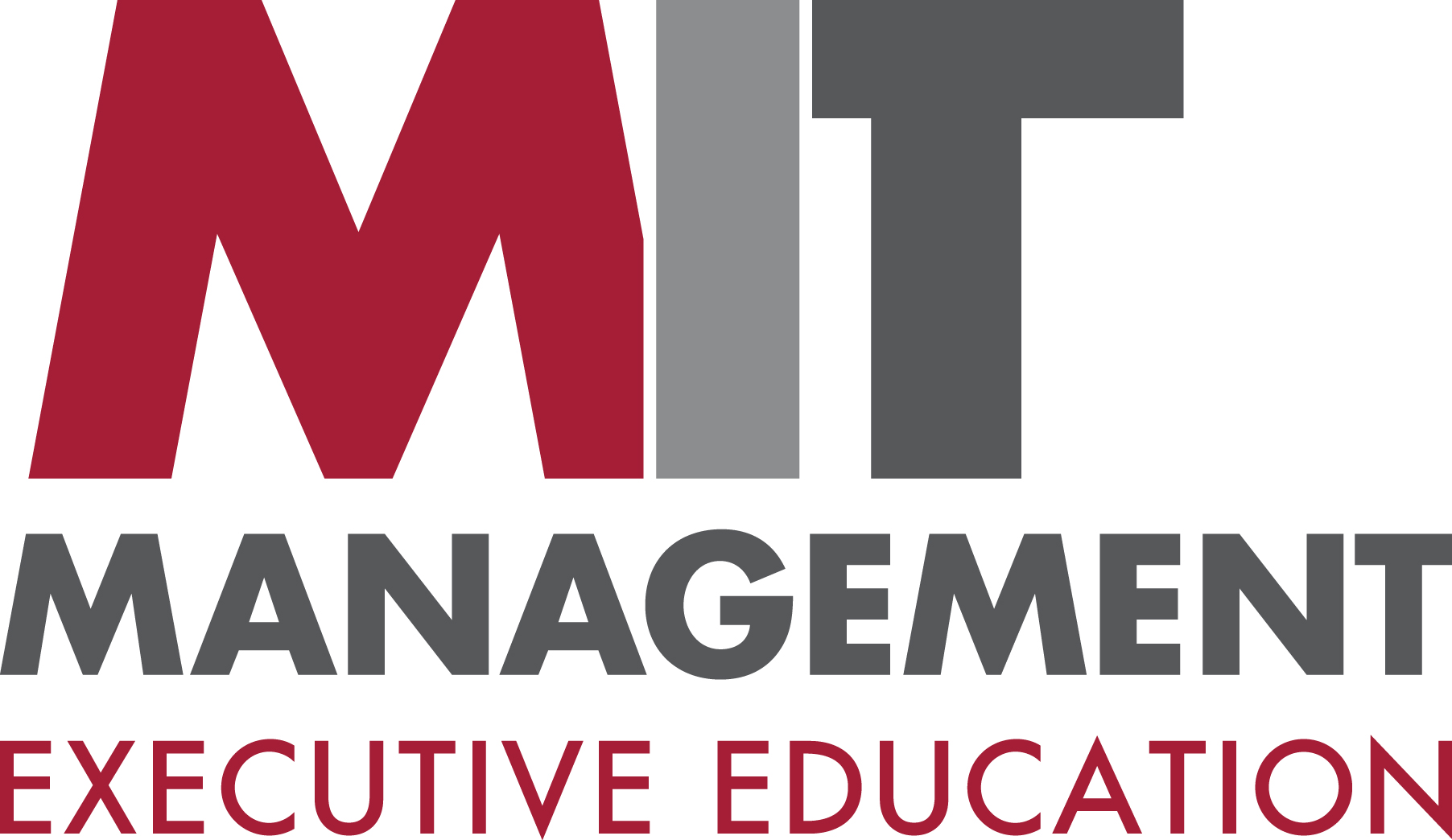- Managing people
The Road to Meritocracy at Work
MIT Sloan and Berkeley Haas study reveals the barriers to achieving meritocracy in the workplace
A recent study into how managers evaluate merit in the workplace, by professors Emilio J. Castilla of MIT Sloan and Aruna Ranganathan of UC Berkeley Haas, reveals that companies trying to establish merit-based processes for hiring, promoting, or rewarding people often fail because their managers have divergent ideas about what constitutes merit and use different criteria when making assessments.
Analysing how managers come to approach the evaluation of merit in the workplace (through interviews with managers from a range of industries, managers from a single U.S. technology company, and supplementary qualitative online review data), the authors found that managers’ understanding of merit are shaped by their experiences of being evaluated as employees prior to their own promotion to management—experiences that for most managers were perceived as either mostly good (leading to positive outcomes) or mostly bad (leading to negative outcomes).
Managers are not blank slates their personal progress has depended on how others have judged their merit and how this has affected their working lives. The consequence of this is that different managers can have significantly different views of what is meant by merit—based on their individual evaluation experiences when they were employees, and this can in turn influence how they perceive merit in their employees.
The authors identified two distinct managerial approaches to applying merit when evaluating others: The focused approach, in which managers evaluate employees’ work actions quantitatively at the individual level; The diffuse approach, in which managers assess both employees’ work actions and personal qualities, quantitatively and qualitatively, at both the individual and team levels.
They found that, managers who had experienced mostly negative evaluation outcomes as employees are more likely to adopt a focused approach to evaluating merit, excluding factors other than just the individual’s work accomplishments and using quantitative measures. Whereas managers who had experienced mostly positive evaluation outcomes themselves are more likely to adopt a diffuse approach, including in their understanding of what constitutes merit the individual’s accomplishments and personal attributes, and factors involving the individual and the team, measured both quantitatively and qualitatively.
It seems that as a rule when employees become managers and start to make merit-based decisions, they want to either reproduce the fairness that they experienced as employees if their evaluation outcomes were perceived as mostly good, or rectify the unfairness that they experienced if their evaluation outcomes were perceived as mostly bad.
A manager who was promoted, in addition to their accomplishment, because of his or her likeability or perception as a team player will include personal qualities and team compatibility when assessing merit. In contrast, an employee who loses a promotion to another employee because the other person is considered more likable will consider that any evaluation of merit should exclude personal qualities such as likability.
Applying merit-based practices
This study shows that merit is not an abstract concept but a guiding principle that is produced and reproduced over time based on individuals’ evaluation experiences in the workplace. Meritocracy is not a given but a goal that needs careful attention.
With some managers likely to take a narrow, focused approach to merit, and others predisposed to taking a broader diffuse approach, it is essential that organizations find a happy balance.
All managers responsible for hiring, promotions and employee assessment should be working to the same clearly articulated definition of what constitutes merit—albeit in the context of the organization’s specific goals and values. If this is ignored, the varied use of different concepts of what merit should entail will undermine the organizations efforts for uniform merit-based hiring, assessment and promotion.
……………………………………………………………………………………………………………………
MIT Sloan is uniquely positioned at the intersection of technology and business practice, and participants in our programs gain access to MIT’s distinctive blend of intellectual capital and practical, hands-on learning.
ARTICLES YOU MIGHT LIKE
RESEARCH
Despite its detractors, Performance Measurement and Management can be made fit for the future
DEVELOPING LEADERS QUARTERLY MAGAZINE AND WEEKLY BRIEFING EMAILS


































